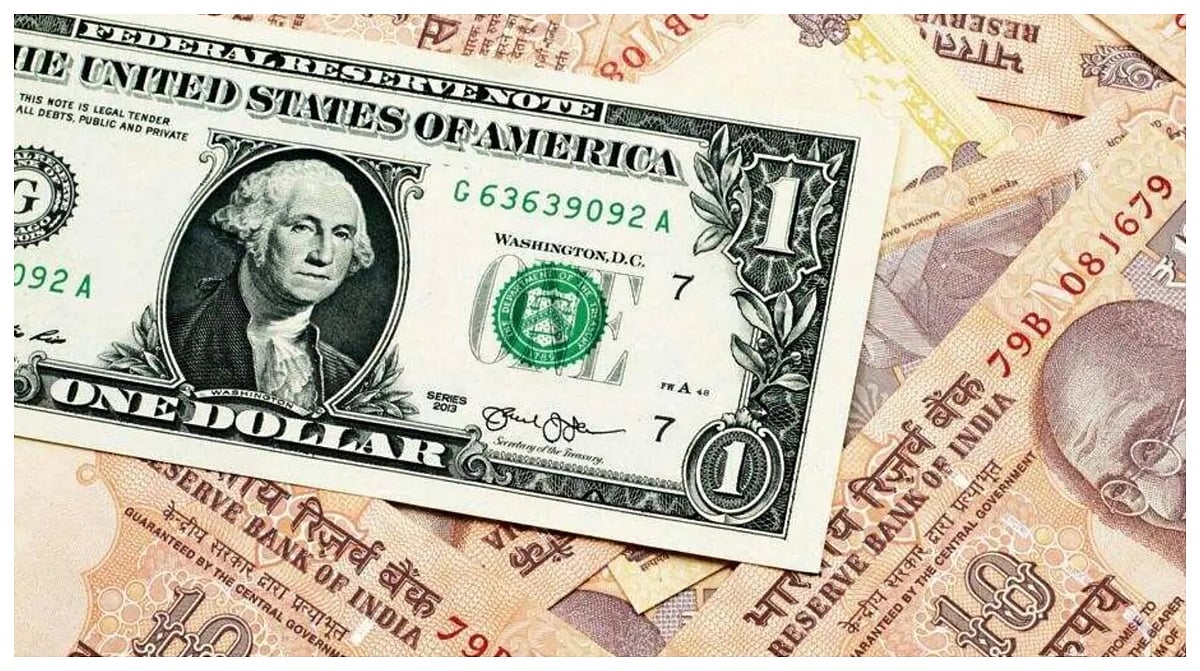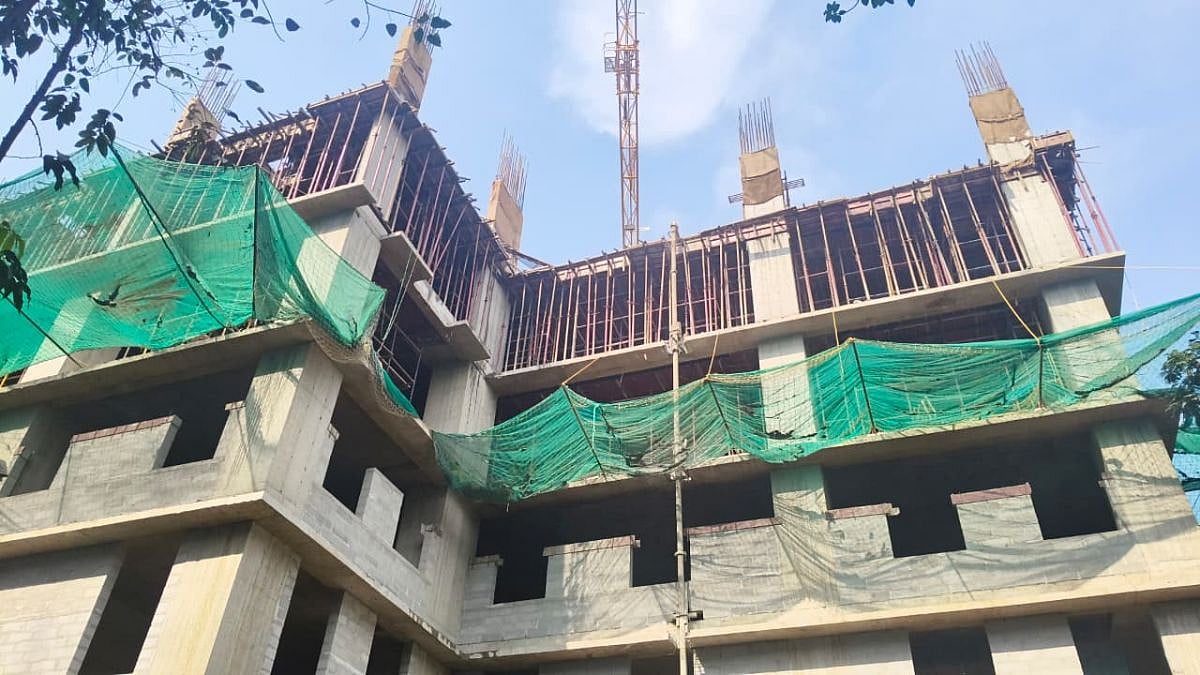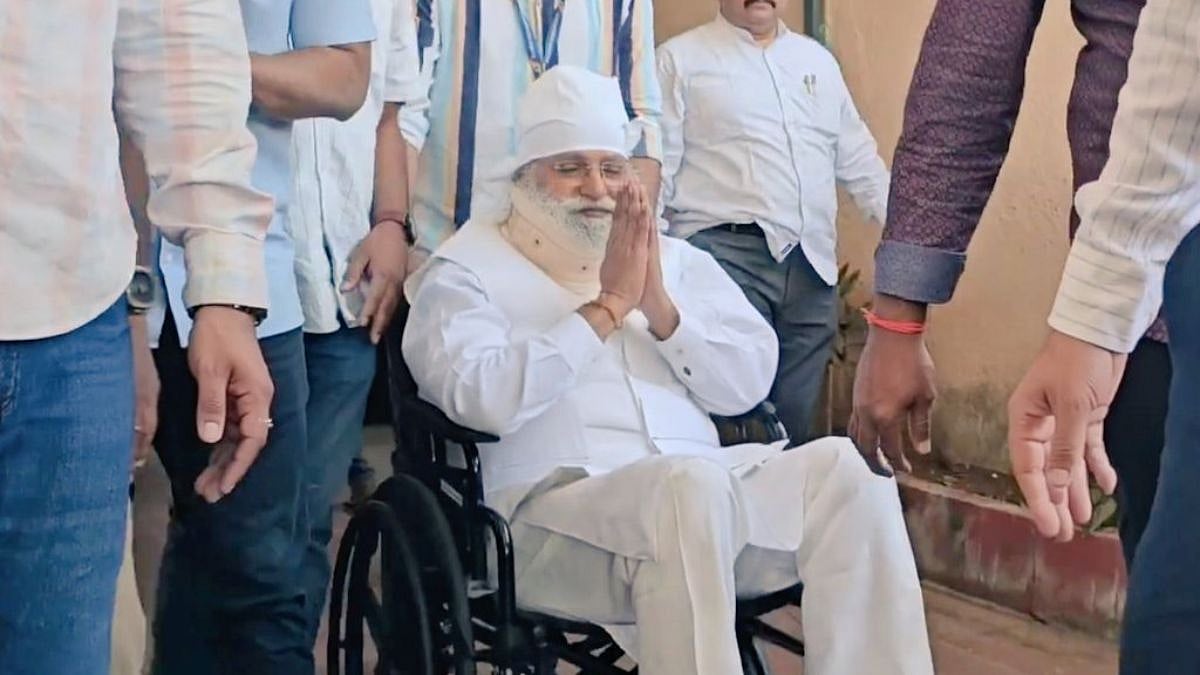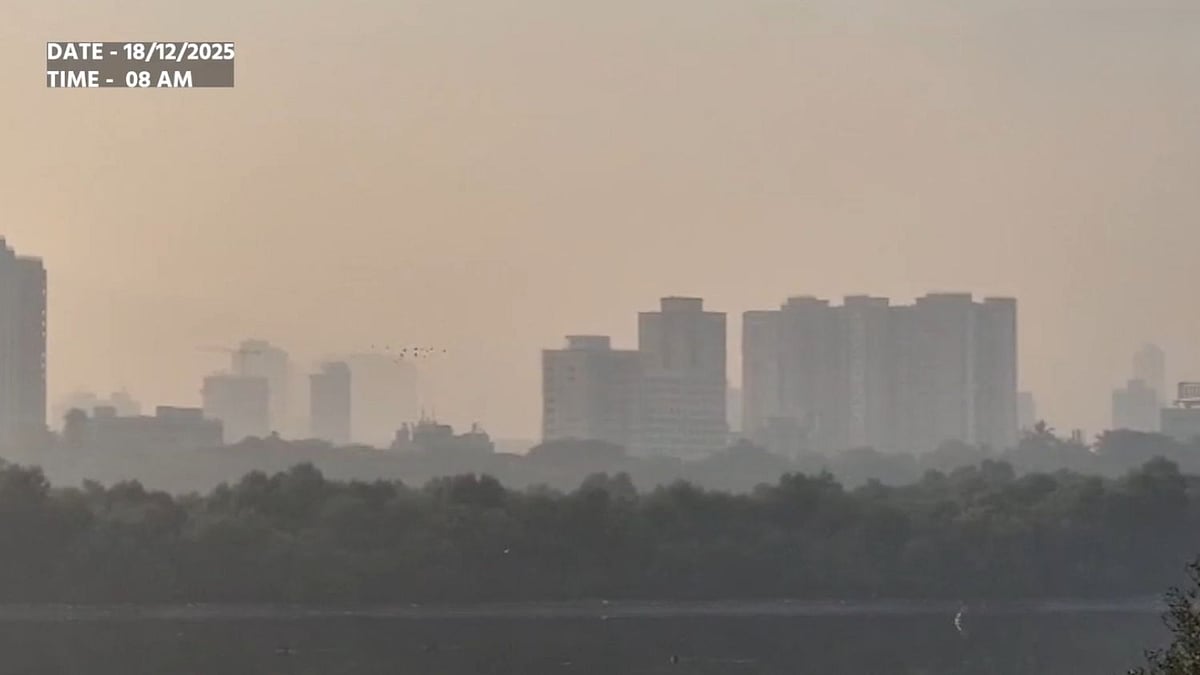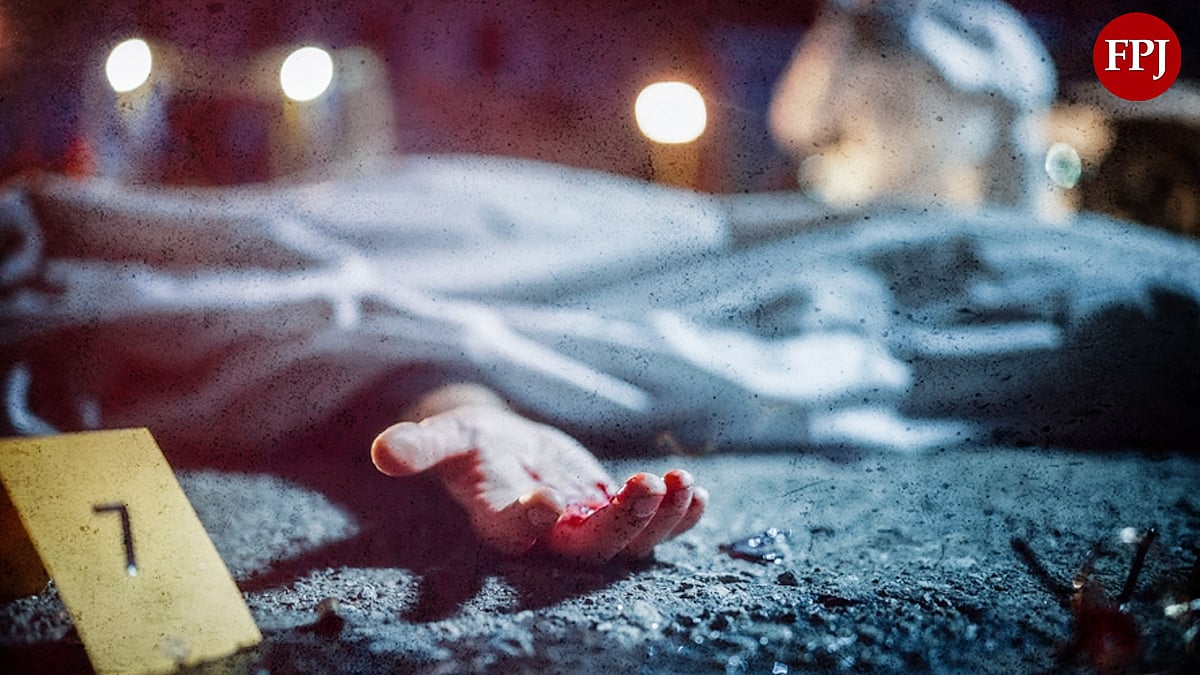Mumbai: The State Human Rights Commission, presided over by Justice K.K. Tated and Sanjay Kumar, has issued instructions to the Superintendent of Police in Buldhana to investigate cases where mentally ill individuals are allegedly being deprived of their civil rights by self-proclaimed godmen allegedly attached with the Sailani Baba’s Durgah, under the guise of eliminating evil spirits. The directive comes after reports highlighted these violations.
The commission is currently awaiting a conclusive report from the Collector of Buldhana. This report, initially due, was delayed due to insufficient information, prompting the need for an adjournment. The commission has now set a deadline for the Collector to submit the report by September 29.
The police report received by the commission stated that one case has been registered under the Maharashtra Prevention of Human Sacrifice and Other Inhuman and Aghori Practices Act (MPHSOIAPWA), 2013. The complaint was filed after a woman reported the inhuman treatment of her mentally ill grandson by some "Baba” from a Dargah.
According to her complaint, her grandson was tied with iron chains, and lemon juice was squeezed into his eyes to supposedly remove evil spirits he was allegedly possessed by. She further claimed that the Baba, identified as Irfan Shah Ranjan Shah, kept threatening them and demanded money, prompting her to approach the police and file a complaint under the MPHSOIAPWA.
The police report also mentioned a survey conducted by NGO DAVA & DUA, a collaboration between Dr. Hamid Dabholkar's Parivartan Trust, Mathrubhumi Foundation, and other partners, working to eradicate superstition from society.
According to the survey, from September 2022 to date, about 340 people approached the Dargah, and 276, which amounts to 81 percent, who suffer from chronic long-term psychiatric illnesses.

A chart submitted before the commission has a column for Mental Health Diagnosis, which specifies that 106 people suffer with depression and anxiety disorders, 43 suffer with psychosis, 137 with schizophrenia, four with bipolar disorder, 36 with delusional disorder and 19 with epilepsy.

